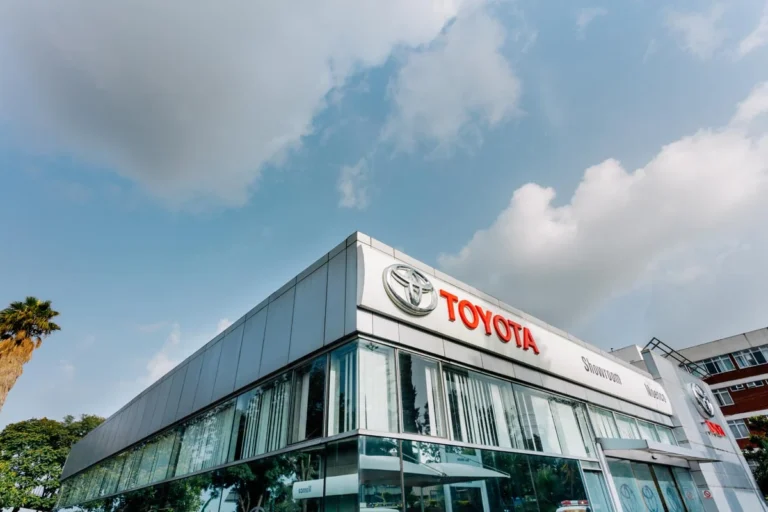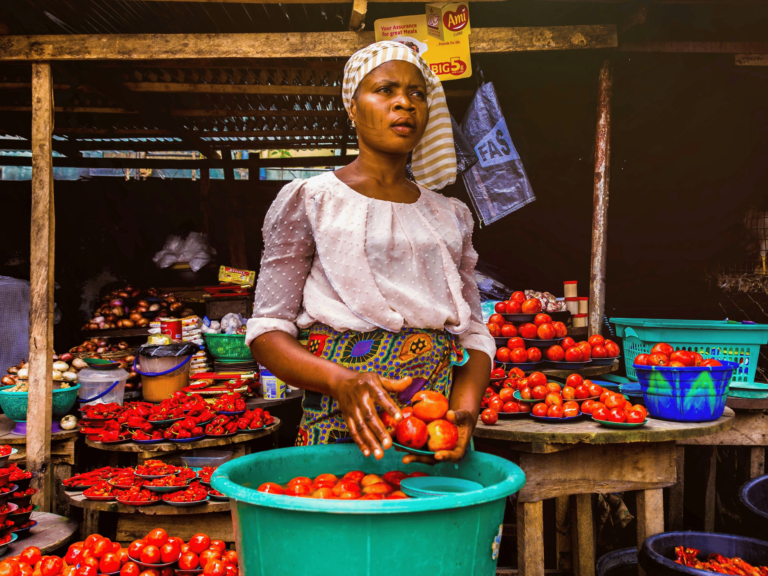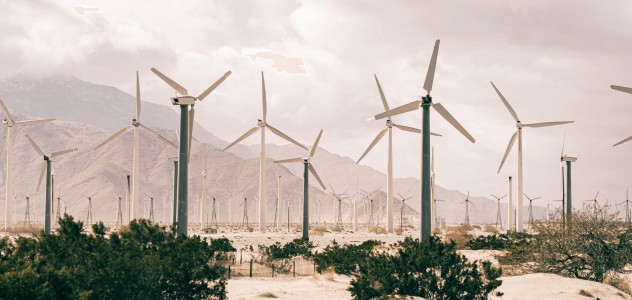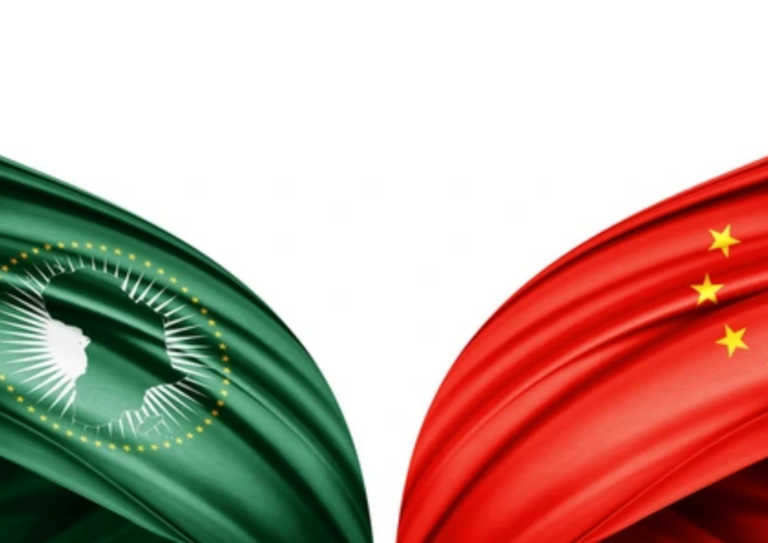With women accounting for up to 52% of Sub-Saharan Africa’s agricultural sector, their alienation in decision-making not only greatly impacts gender equality within the continent, but its food systems as well. Despite women’s extensive involvement in Africa’s agribusiness, their political exclusion prevents them from equal participation such as owning land, expanding agricultural processes, and advancing the socio-economic status independently and community -wide. Women’s absence from decision-making also makes them more susceptible to destitute living conditions and food deprivation due to their lack of advocacy and representation against unsustainable development.






